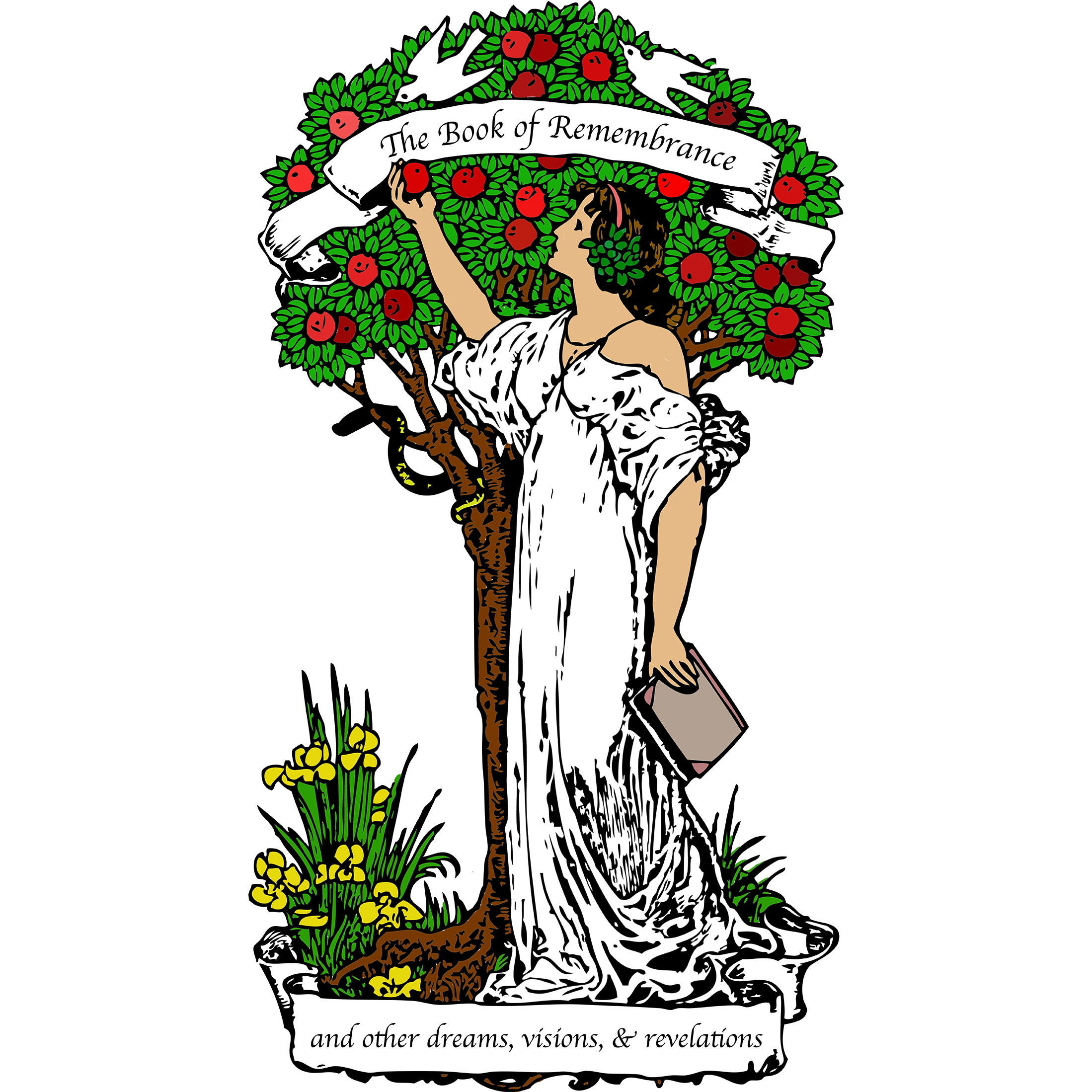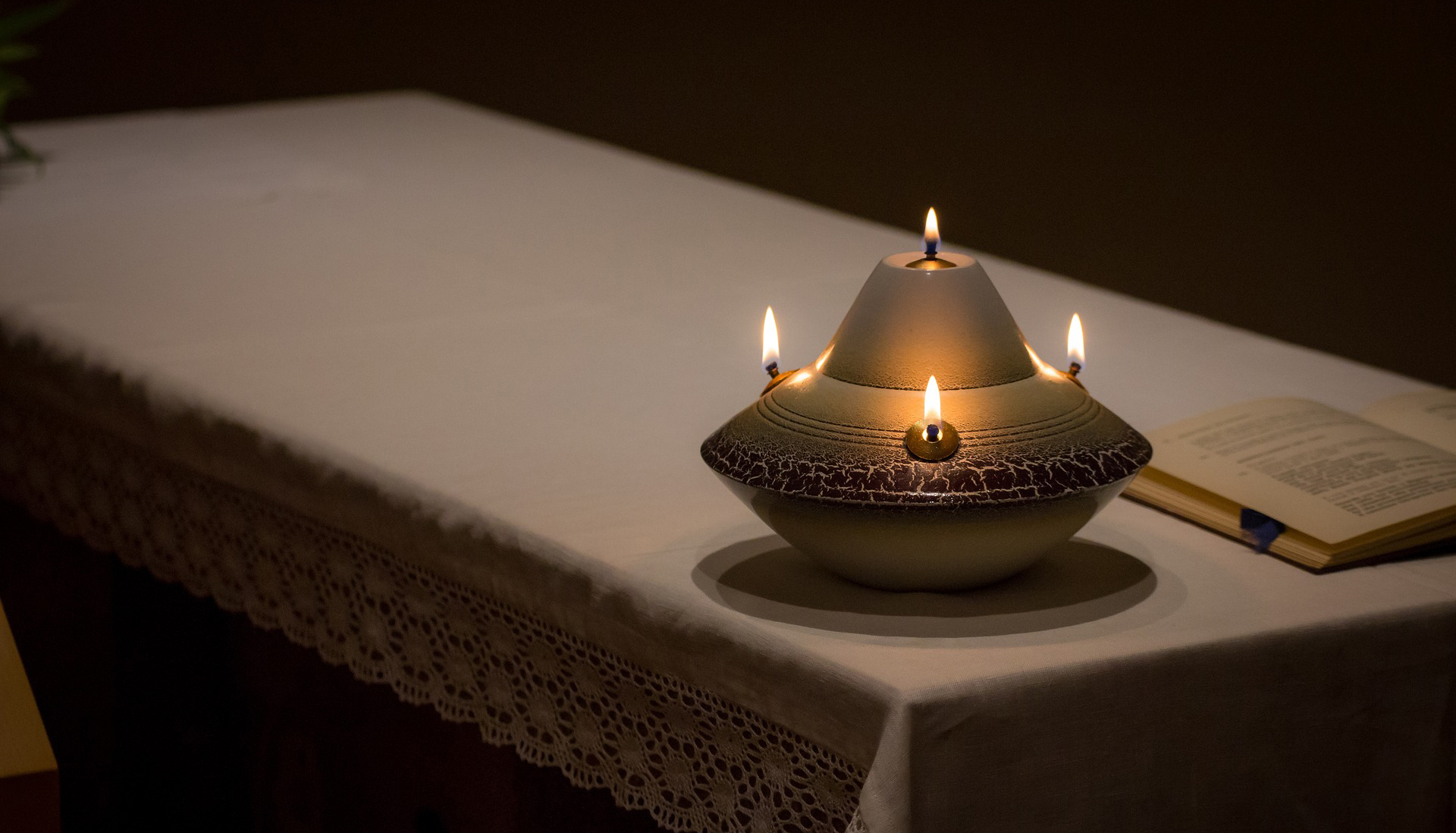Seeking Truth
“And I, brethren, could not speak unto you as unto spiritual, but as unto carnal, even as unto babes in Christ. I have fed you with milk, and not with meat: for hitherto ye were not able to bear it, neither yet now are ye able.” 1 Corinthians 3:1-2
Joseph Smith actually didn’t know that much after the First Vision, it was a great comfort to him, but the lessons that it taught him didn’t click with him until he got older. That’s why there are so many “different accounts” (see Avahr: Appendix). Each account varies in information, because as Joseph progressed spiritually, new understandings of the First Vision were opened up to him. It’s the same with us right? When we read scripture, we can read it over and over again and each time (if we’re reading it trough spiritual eyes) we will get new things from it, or new lessons will be taught to us. It’s the same thing with Joseph Smith and his first Vision.
The Divine Feminine in the Apocrypha
“And Wisdom was with thee: which knoweth thy works, and was present when thou madest the world, and knew what was acceptable in thy sight, and right in thy commandments. O send her out of thy holy heavens, and from the throne of thy glory, that being present she may labor with me, that I may know what is pleasing unto thee.” -Wisdom of Solomon 9:9-10
In the Fellowship of Christ, we talk about the idea of a Mother in Heaven or Divine Feminine. In the Old Testament wisdom is a personified heavenly female power. The author of Proverbs says of the Divine Feminine: “Take fast hold of instruction; let Her not go: keep Her; for She is thy life” (4:13). We see in Proverbs 8 that Wisdom is described as more than a good quality. She was with God before the foundation of the world, she is co-eternal with Him. In the Book of Mormon we see Her as the tree that bears the fruit that is Jesus Christ in Lehi’s dream and Nephi’s vision (1 Nephi 3:49 RAV, 11:9 OPV).
With this understanding, we can bring Her reality back. This is after all the restoration of all things. Our Mother in Heaven is someone to identify with, to know.
The Book of Remembrance
The Book of Remembrance is a series of dreams, visions, and revelations given through David Ferriman, First Elder of the Church of Jesus Christ in Christian Fellowship.
Jesus Came to Mary
The following is the transcript of Kristine’s Easter 2020 message.
On this Easter Sunday, we worship together in celebration of the resurrection of Jesus Christ. After the atonement, Jesus was crucified, his spirit left his body, and his body was laid to rest in a sepulcher or tomb. On the first day of the week, Sunday, Jesus’ spirit and body were reunited and He rose.
Meeting in Reverence Before the Lord
“And [Raphael] said unto them, in the temple of the Lord: Behold eight tasks shall I give unto thee, teach thy people to do these each in their proper order.” -Book of Remembrance 25:2
As we meet together as Saints, some have asked the proper way to organize services. The correct answer of course is, by the Spirit. That said, the Lord has given us instructions on this topic through Raphael, as he spoke to Adam and Eve. These instructions should be used in our home temples, in our Synagogues, Tabernacles, and Temples for personal and group worship. And these may be used by seekers, disciples, and ministers. They are given to the world to be received in the spirit.
Called of God
In the Latter Day Saint movement people of all walks of life are called of God as “apostles, prophets, pastors, teachers, evangelists, and so forth” to help move individuals, congregations, churches, and the kingdom forward in Christ.
Climate Change, a Sign of Sins of Mankind
“For the world shall fall ill to the iniquity of mankind; yea, the greed of men shall be as a poison that will drain the earth of its life, and she shall become sick.” -Neum 13:4
I grew up being told that we live in the last days. Looking at the view I was raised in, if the last days began with Joseph Smith’s First Vision, then we have been in the last days for over 200 years now. I grew up reading the thoughts of past leaders of the church my family had joined when I was a small boy. For 200 years, these men saw the end just around the corner.
Love and Lishmah
“I directed my soul unto her, and I found her in pureness: I have had my heart joined with her from the beginning, therefore shall I not be forsaken.” -Ecclesiasticus 51:20 KJV
Lishmah (לישמה), literally translated means “for her sake,” or “for her name.” In Kabbalah it is generally translated as “for its sake,” or “for its name.” “It” here refers to the study of the Torah, stating why we focus on the Torah and the Mitzvah—we study the Torah for the sake or our love of the Torah. However, this term, lishmah, may be used for anything we do for YHVH; thus it can also mean “for the Lord’s sake”.
As we practice lishmah we are in the Shekinah, the Presence of God; and we are the Shekinah, the congregation (Isaiah 54:5, 62:5; Matthew 25:1-46). This is why Heavenly Mother or the Divine Feminine, and the Congregation, the Church, or the Assembly of the Saints are both referred to as Shekinah: a feminine force representing the will to receive. But what does this have to do with love? Maybe everything.
5 Ways We can be an Example for Our Children
“When Israel was a child, then I loved him, and called my son out of Egypt.” -Hosea 11:1
The greatest example was and is Jesus Christ. In the New Testament, when children were brought to Him to be blessed, his disciples try to turn the children away. The Savior rebukes them telling them saying: “Permit the little children and forbid them not to come unto me: for of such is the kingdom of heaven” (Matthew 19: 14).
A Contrite and Humble Spirit
Note: This article was originally posted June 20, 2020.
“For thus saith the high and lofty One that inhabiteth eternity, whose name is Holy; I dwell in the high and holy place, with him also that is of a contrite and humble spirit, to revive the spirit of the humble, and to revive the heart of the contrite ones.” -Isaiah 57:15
As we read the above scripture from Isaiah, we heard God tell us that He dwells with those who have a humble and contrite spirit. But, what does it mean to have a contrite spirit?
Entering the World of the Bible
With all this time on our hands because of the virus situation, rather than just sit around, I thought I’d take the time to do some reflecting on the deeper things in life. I’ve come to this conclusion—I want to think like Jesus and act like Jesus. Paul’s admonition is the longing of my heart, “Let this mind be in you which was also in Christ Jesus” (Philippians 2:5).
Praying to Know Truth
“Behold, I would exhort you that when ye shall read these things, if it be wisdom in God that ye should read them, that ye would remember how merciful the Lord hath been unto the children of men—from the creation of Adam even down until the time that ye shall receive these things—and ponder it in your hearts. And when ye shall receive these things, I would exhort you that ye would ask God, the eternal Father, in the name of Christ, if these things are not true; and if ye shall ask with a sincere heart, with real intent, having faith in Christ, he will manifest the truth of it unto you by the power of the Holy Ghost; and by the power of the Holy Ghost, ye may know the truth of all things.” -Moroni 10:3-5
The above quote is sometimes called “Moroni’s promise.” It is Moroni’s request that we go to God to see for ourselves if the Book of Mormon is truly the word of God. It is a big part of the restoration of all things, and the restoration of the Gospel of Jesus Christ, as it invites us to use the same gift of the Spirit that Joseph Smith Jr. used to translate the Book of Mormon—the spirit of prophecy and revelation.












